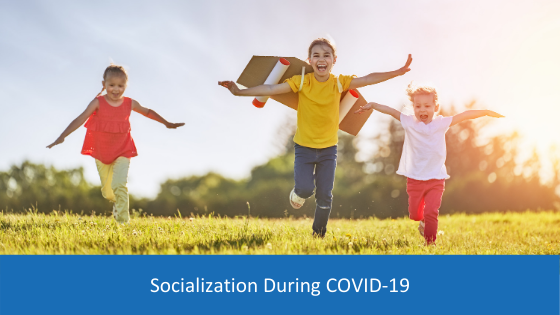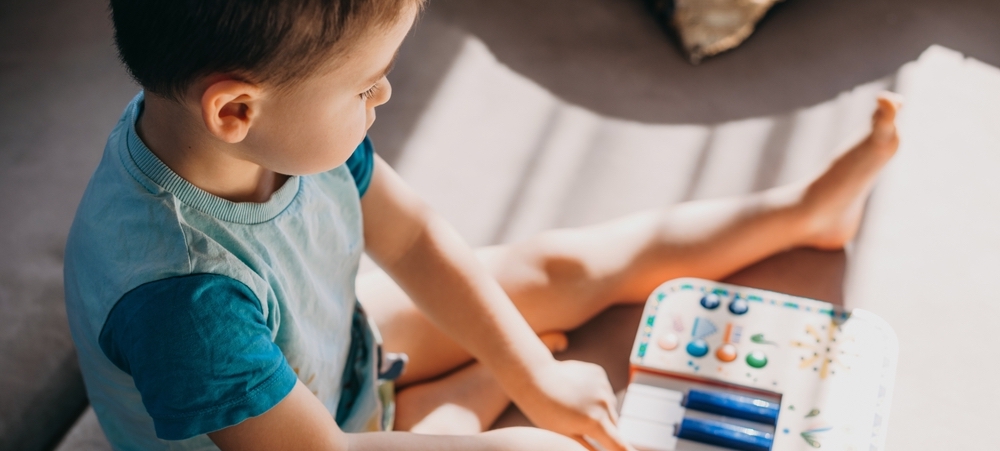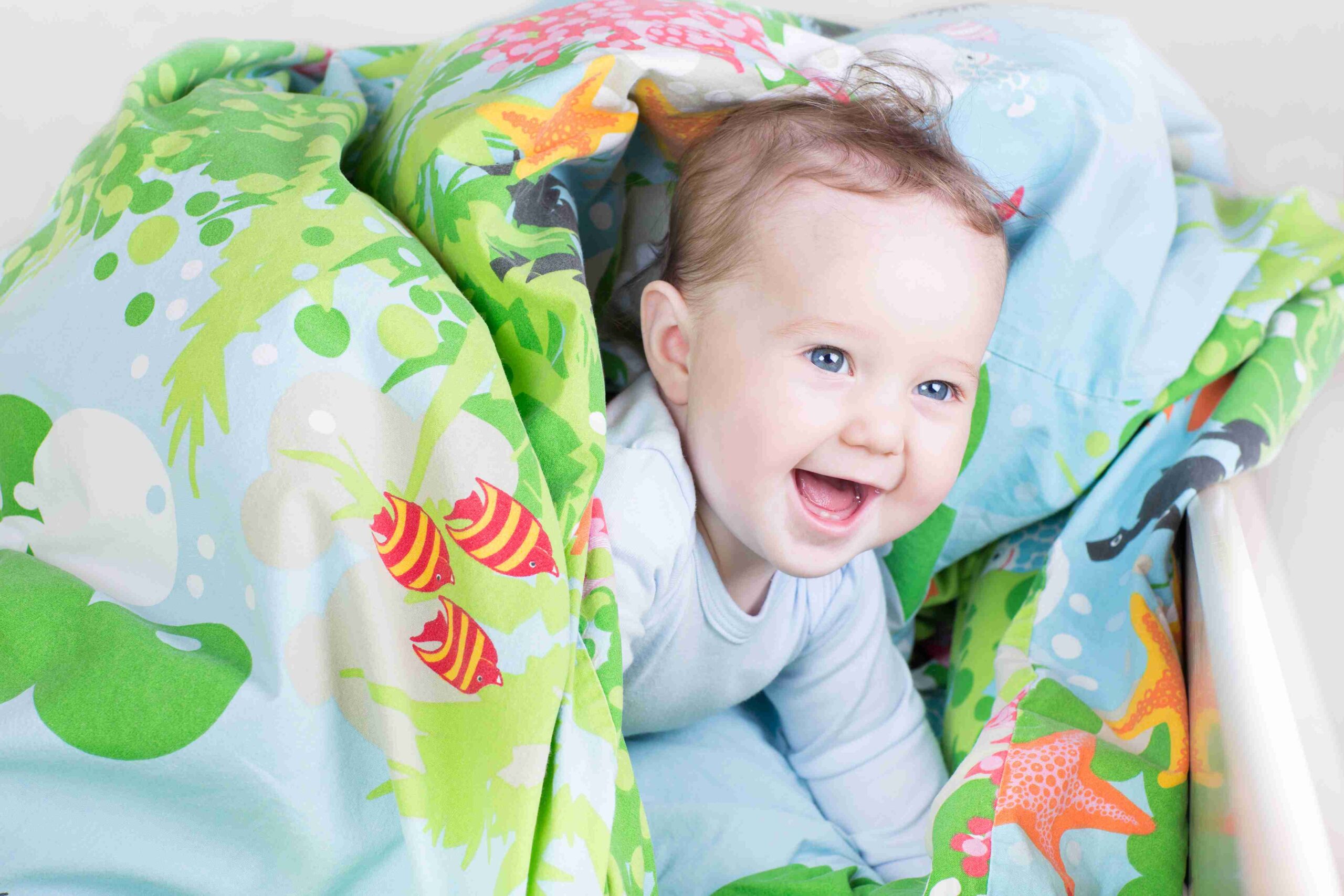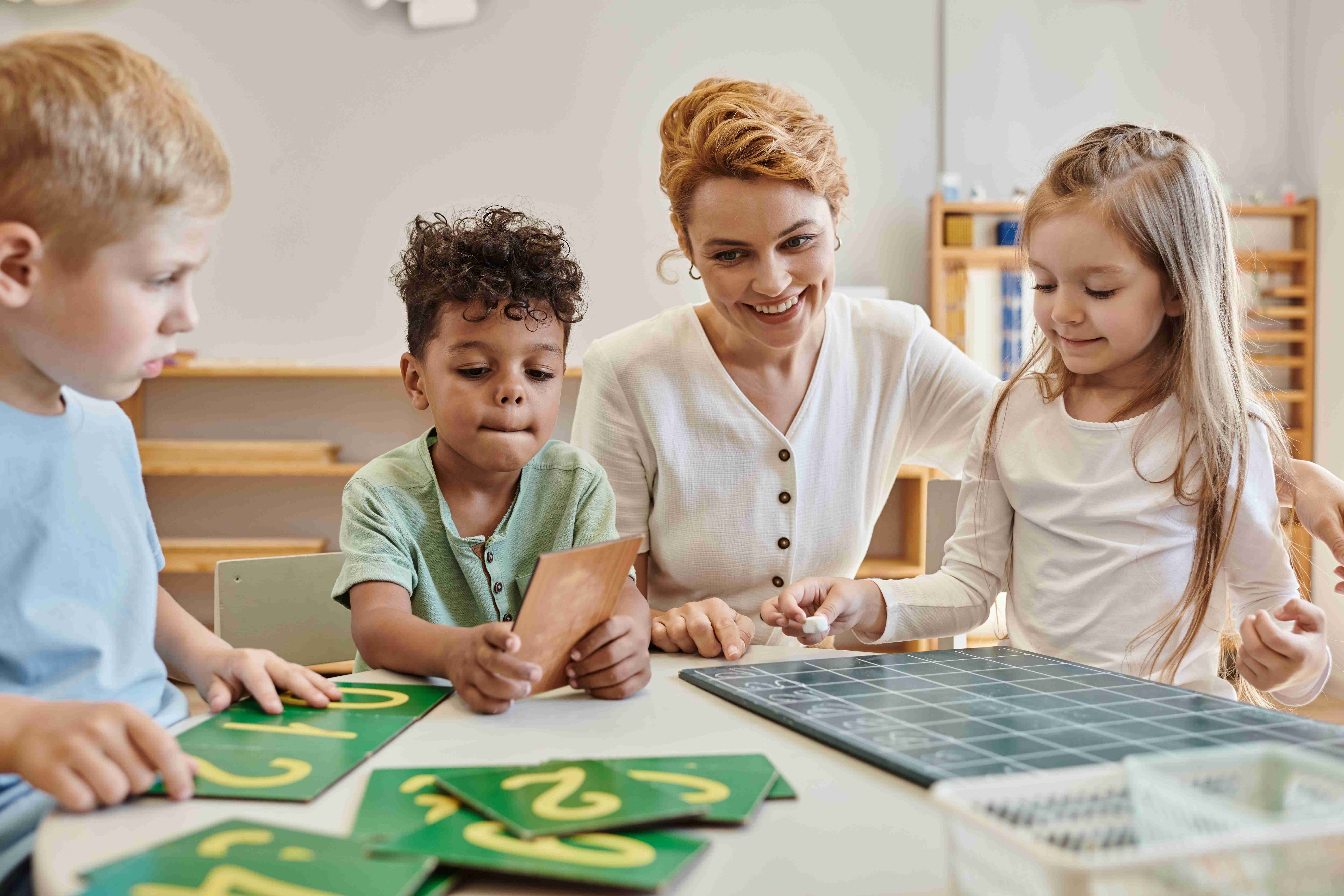The events of 2020 have truly changed how we live, work and interact.
The pandemic brought physical socialization to a rapid stop, leaving many parents without answers and left to wonder if their child would be deprived of an important developmental step. Peer-to-peer interaction is a vital part of growing up, but the pandemic has caused a shift in this due to the necessity of physical distancing. A survey over the summer by statistics Canada found that 3/4 of parents were highly concerned about their children not partaking in enough socialization (Dangerfield, 2020).
Social interaction helps young children develop their sense of self, and responsibility to others. Children are egocentric by nature but socialization helps them naturally grow out of this phase. Sharing, setting boundaries and problem solving, are just a few of the important skills learned when socializing. Children develop empathy for others during this process as well, gaining the ability to recognize when their friends are expressing certain emotions. Over time, children learn to apply these skills with their parents, siblings and even pets.
Many schools, child care centres and even camps have turned to the internet for digital activities to keep children entertained. Although these tactics have been met with positive results, it does not provide the same level of socialization as face-to-face interaction.
Utilizing technology – although not the same as in person socialization – can still provide the child with a sense of connection when it is not possible to do so in person.
Sending your child to a preschool or child care centre remains the best way to provide the social interaction that they need. Socialization is foundational to the development of future important milestones. However, parents want to know that their child is attending an institution that takes full precautions against COVID-19, so that their child can enjoy this type of social interaction in the safest environment possible.
Childventures has gone above and beyond with our newest health and safety protocols to ensure the safety of all children and families. All while providing an environment where your child can experience physical social interaction and truly thrive. All of our enhancements can be seen in this video and include the following:
- Pre-Screening: All children and parents are required to fill out pre-screening questions and pass a temperature check before entering our centres.
- Stable Cohorts: Children are placed into small groups and remain in these groups to decrease the likelihood of transmission.
- Contact Tracing: Through HiMama, we identify and track the movement of children throughout our centres during the day to facilitate any necessary contact tracing.
- Physical Distancing: Classrooms are curated to promote physical distancing between children. While these measures are in place, children are still able to interact socially with one another from a distance to facilitate a healthy learning environment.
- PPE for Educators: As an extra layer of precaution, our educators wear PPE when interacting with children in the classroom.
- Environment Facilitators: We have hired full-time team members to ensure all high touch points, surfaces and materials throughout our centres are sterilized frequently and effectively.
- HEPA Filters: To add another level of safety for our children, we have added HEPA filters into all of our classrooms and around our facilities to help filter the air within the environment. HEPA filters take away 97% of the bacteria and viruses within the air through their filtration technology.
We understand that these are uncertain times for all, which is why we want to provide our families with the highest level of safety and quality when it comes to child care. If you are interested in learning more, or have any questions about our program, contact us today.
References:
Dangerfield, K. (2020, July 9). Coronavirus: How a lack of socialization could impact a generation of kids. Global News, Retrieved from https://globalnews.ca/news/7156863/coronavirus-children-isolation-socialization/



